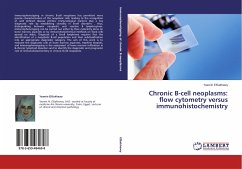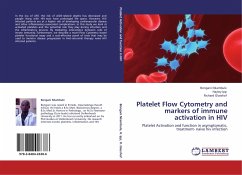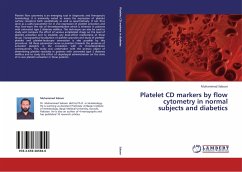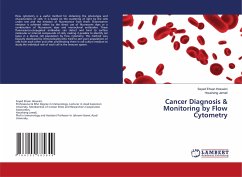Immunophenotyping in chronic B-cell neoplasms has permitted more precise characterization of the neoplastic cells, leading to the recognition of well defined disease entities. Immunological markers play a key diagnostic role by establishing clonality in B-cell disorders , thus, distinguishing between neoplastic and reactive B lymphocytosis. Immunophenotyping can be carried out either by flow cytometry done on bone marrow aspirates or by immunohistochemical methods on fixed cells spread on slides. Diagnosis of a B-cell lymphoma requires first the identification of a neoplastic B-cell population and then subclassification into an appropriate diagnostic category. The aim of this work is to evaluate the diagnostic role of bone marrow aspirates, trephine biopsies, and immunophenotyping in the assessment of bone marrow infiltration in B-chronic lymphoid disorders and to identify the diagnostic and prognostic role of immunohistochemistry in chronic B-cell neoplasms.
Hinweis: Dieser Artikel kann nur an eine deutsche Lieferadresse ausgeliefert werden.
Hinweis: Dieser Artikel kann nur an eine deutsche Lieferadresse ausgeliefert werden.








